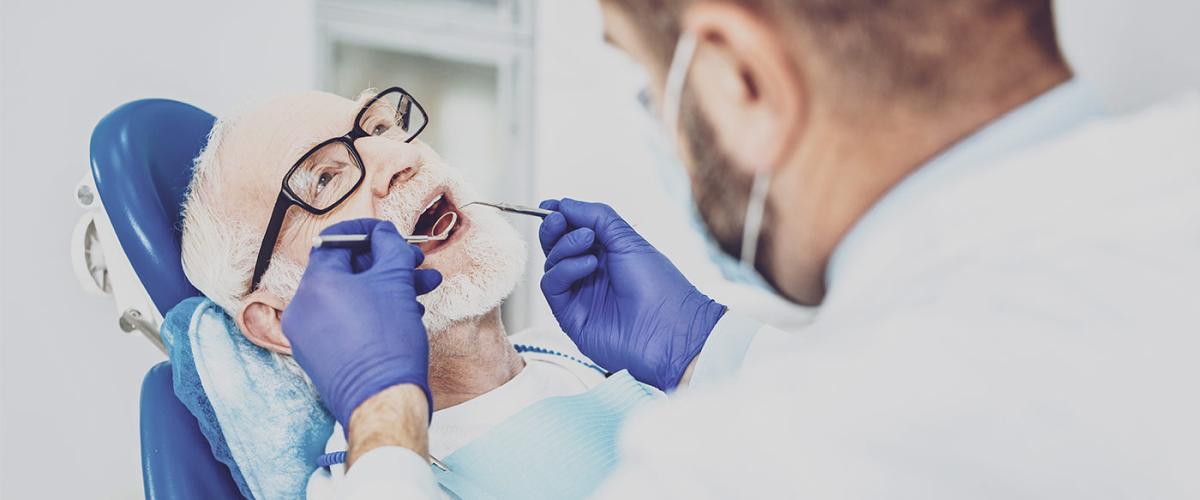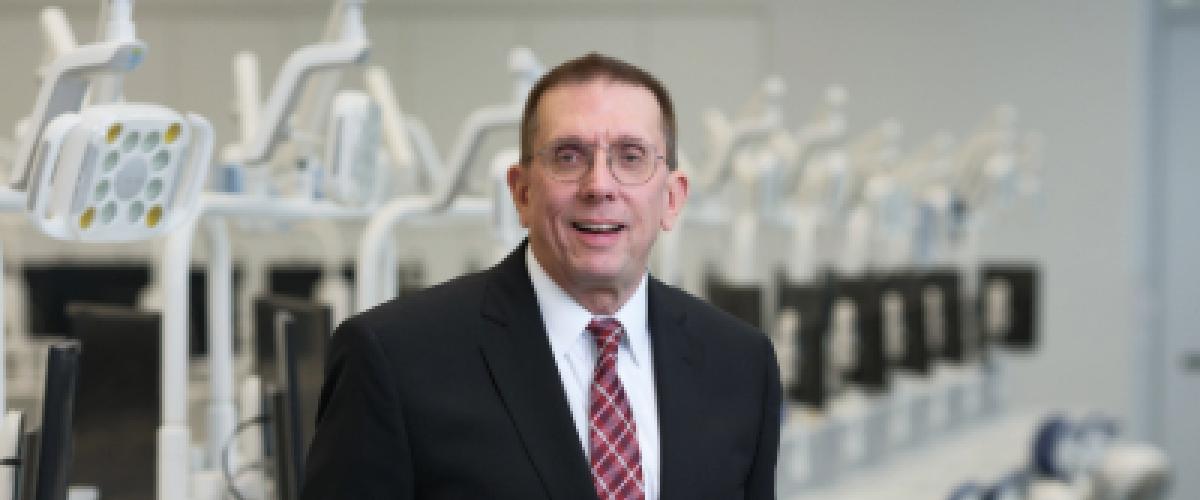Restoring balance: Why one researcher has turned to the mouth as a window to immune health
Pushpa Pandiyan, PhD, has long been intrigued by the immune system. Now, her research is changing how we think about HIV, bacteria and immune balance in oral microbiomes.
Since the start of her career, Pushpa Pandiyan, PhD, has been captivated by the immune system’s resilience and balance, and by its ability to protect the body while maintaining harmony within it. For the associate professor of biological sciences at Case Western Reserve University School of Dental Medicine, this idea of balance mirrored one of her core values of equilibrium in life.
This idea of equilibrium has guided both Pandiyan’s scientific work and her broader philosophy of research. During her PhD and postdoctoral training, she studied how regulatory T cells help control inflammation and maintain immune stability. Her early discoveries in inflammatory bowel disease research deepened her understanding of how discipline and balance operate at all levels.

“The immune system's complexity, with its dual capacity for protection and destruction, resonated with my belief in the importance of preserving balance and integrity across all aspects of life,” Pandiyan said. “This work captivated me and set the stage for a lifelong journey of learning and discovery in immunology.”
This journey, and her curiosity about immune regulation, led her to the study of HIV and chronic immune dysfunction. Despite major advances in antiviral treatments that can help control the virus, people living with HIV still experience weakened immune defenses and higher risks for other infections, cancers and inflammatory diseases. Additionally, little is known about immune cells in HIV+ tissue. Pandiyan saw an opportunity to apply her expertise in immune balance to better understand—and potentially correct—these issues.
“The global impact of HIV, with its unique ability to compromise the immune system even in the presence of antiviral treatments, posed an urgent scientific question that beckoned for exploration,” Pandiyan said. “I was compelled by the belief that my expertise in immune regulation and balance could be harnessed to make a lasting impact in this critical area.”
And she is making an impact. Her most recent research, published in iScience, looked at why the mouth’s immune system is compromised even when HIV is well controlled. A crucial follow-up of her previous studies, the research found that people living with HIV have higher levels of bacteria called Fusobacterium in their mouths. This bacterium produces small molecules called polyamines, which also occur naturally in mouths and are usually beneficial, as they support cell growth and repair.
However, having too many polyamines actually suppresses immune cells and makes them less active, leaving the mouth’s defenses weakened and the oral microbiome out of balance. Researchers discovered that the higher the polyamine levels, the fewer healthy T cells they found. The ones that did remain were less able to make the key chemical that helps combat viruses and bacteria—bacteria that, in a nasty cycle, can create even more polyamines.
After exploring the effect of polyamines on the T cells’ ability to produce infection-fighting chemicals, Pandiyan’s team began examining what happened if they blocked polyamine production. They found that when polyamine production was blocked in the lab to balance the mouth’s microbiome, the T cells began working normally again—a breakthrough that points to new therapeutic possibilities.
This work offers insight into how HIV disturbs immune balance and suggests that targeting polyamines (or the bacteria that produce them) could restore immune strength. Pandiyan was invited to present her findings at the Rustbelt Center for AIDS Research, a joint program run by Case Western Reserve and the University of Pittsburgh. The feedback she received was encouraging, and she remains dedicated to expanding her research.
“I am deeply optimistic about the potential outcomes of my research in advancing treatments and understanding of immune dysfunction,” Pandiyan said. “The insights gained from studying immune interactions in HIV can pave the way for broader applications in other immune-related conditions.”
Pandiyan plans to continue to delve deeper into the molecular pathways and interactions between the nervous system and immune cells to develop targeted therapies to rectify immune imbalances. Ultimately, she hopes to design treatments that strengthen the body’s natural defenses—while preserving the balance that inspired her to study immunology in the first place.
“My long-term vision includes inventing a drug that can restore the balancing act of the immune function in chronic conditions and cancer,” she said. “This aligns with one of my core values: balance.”




